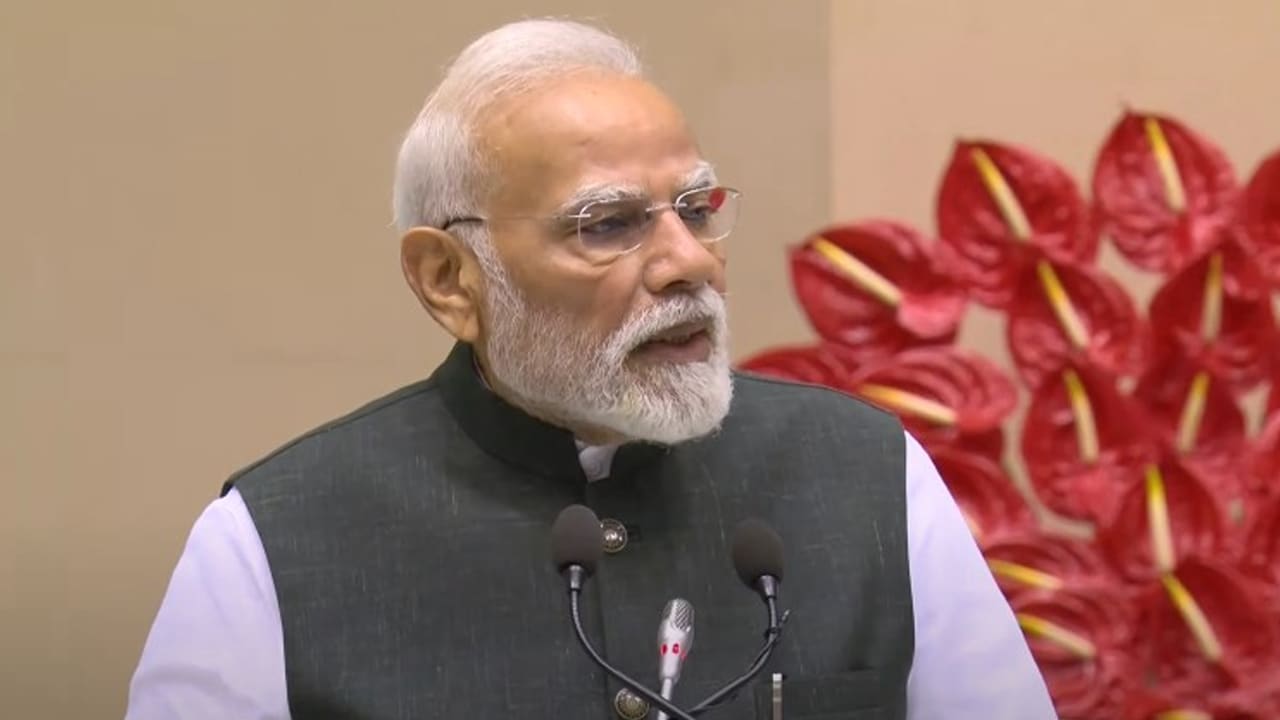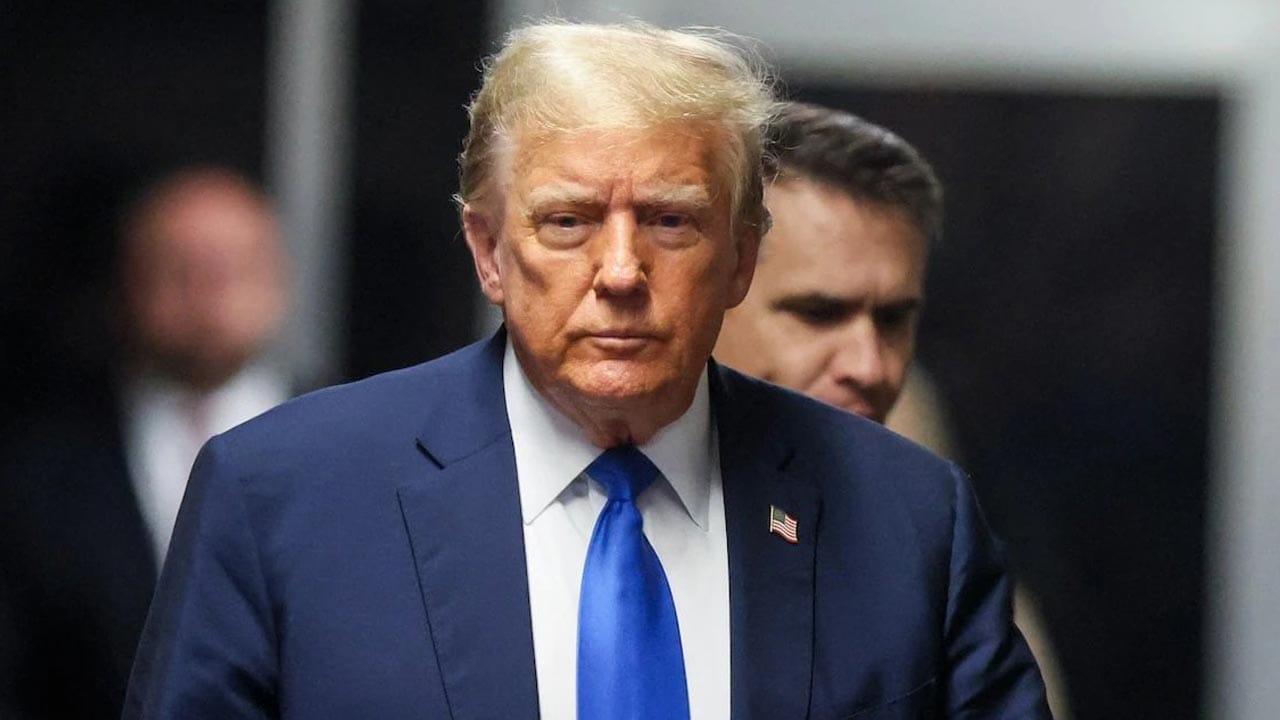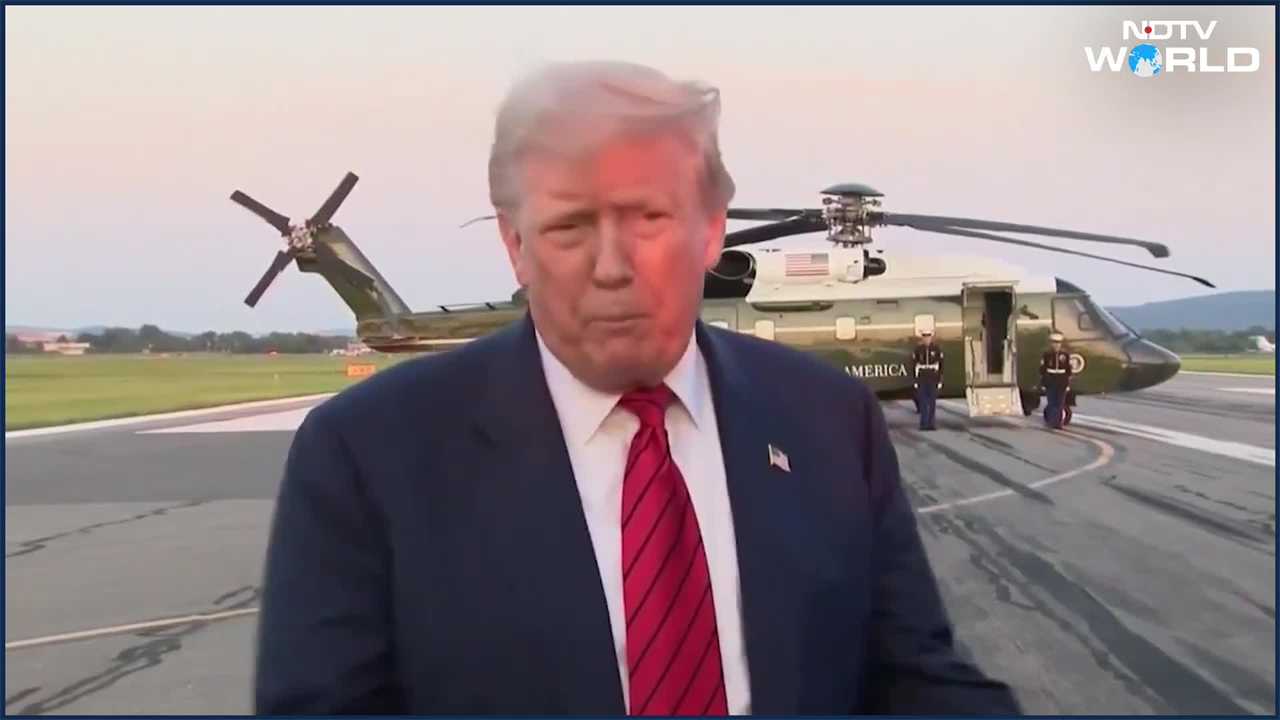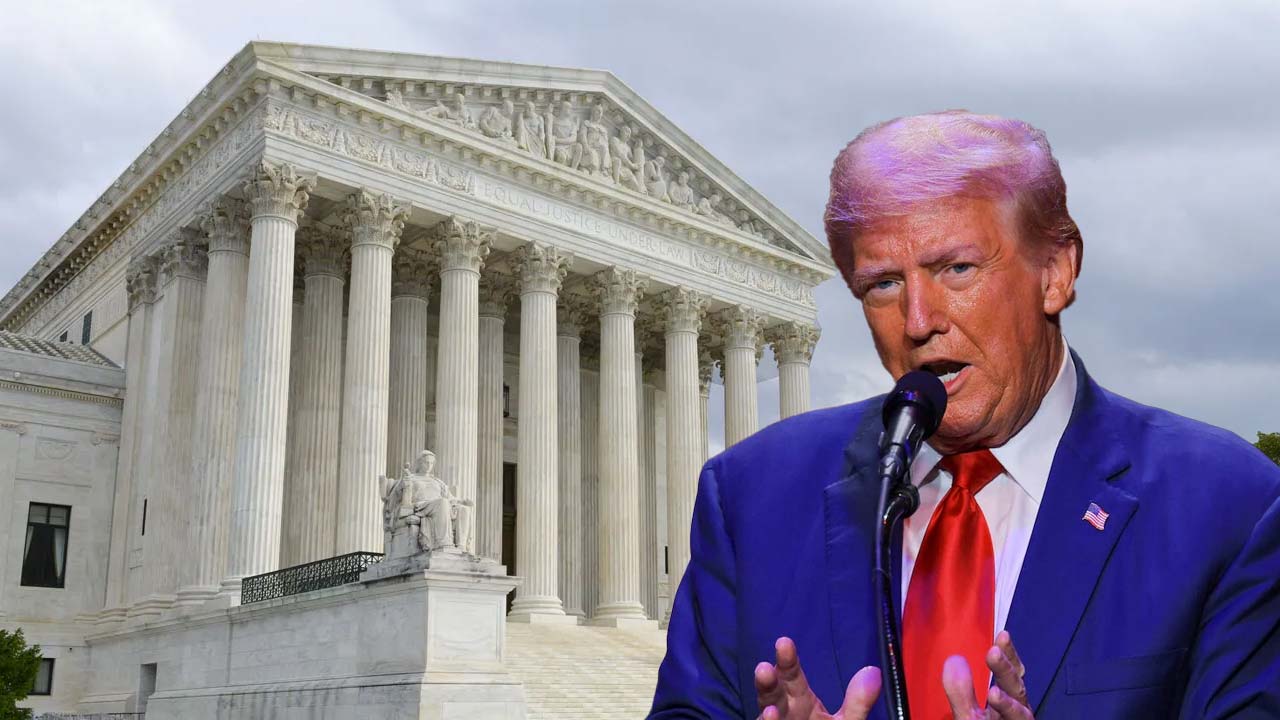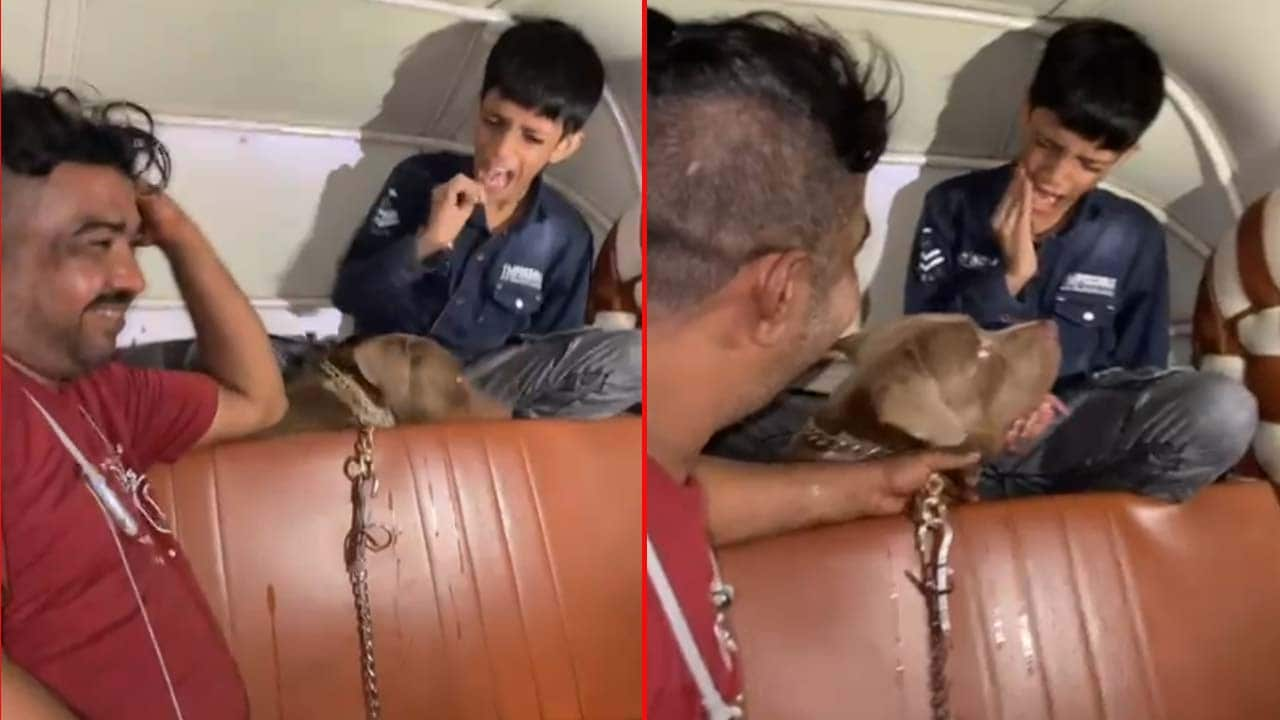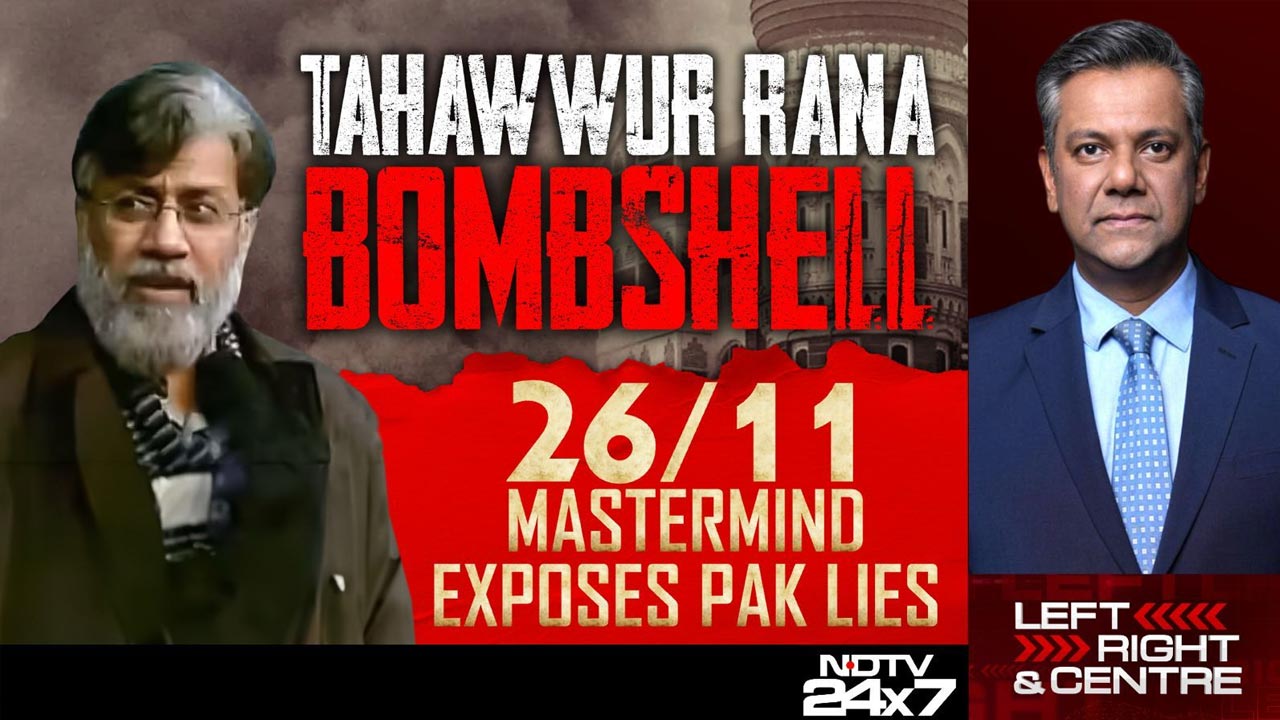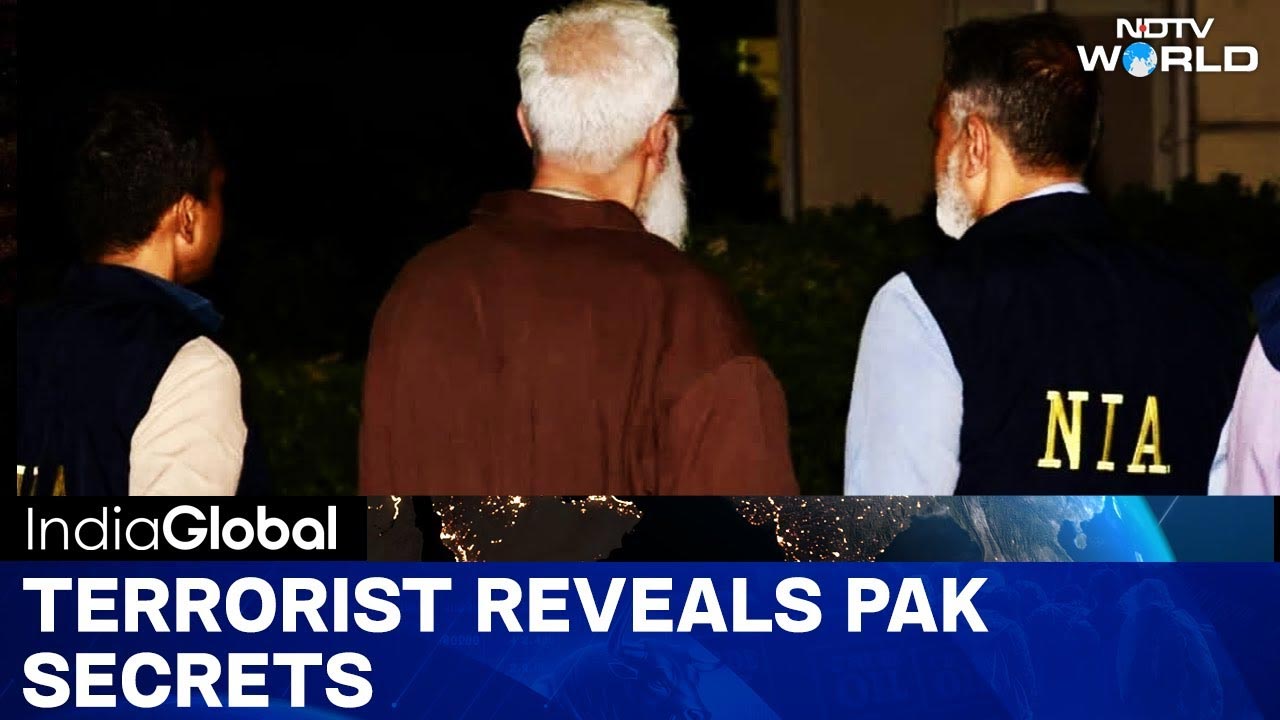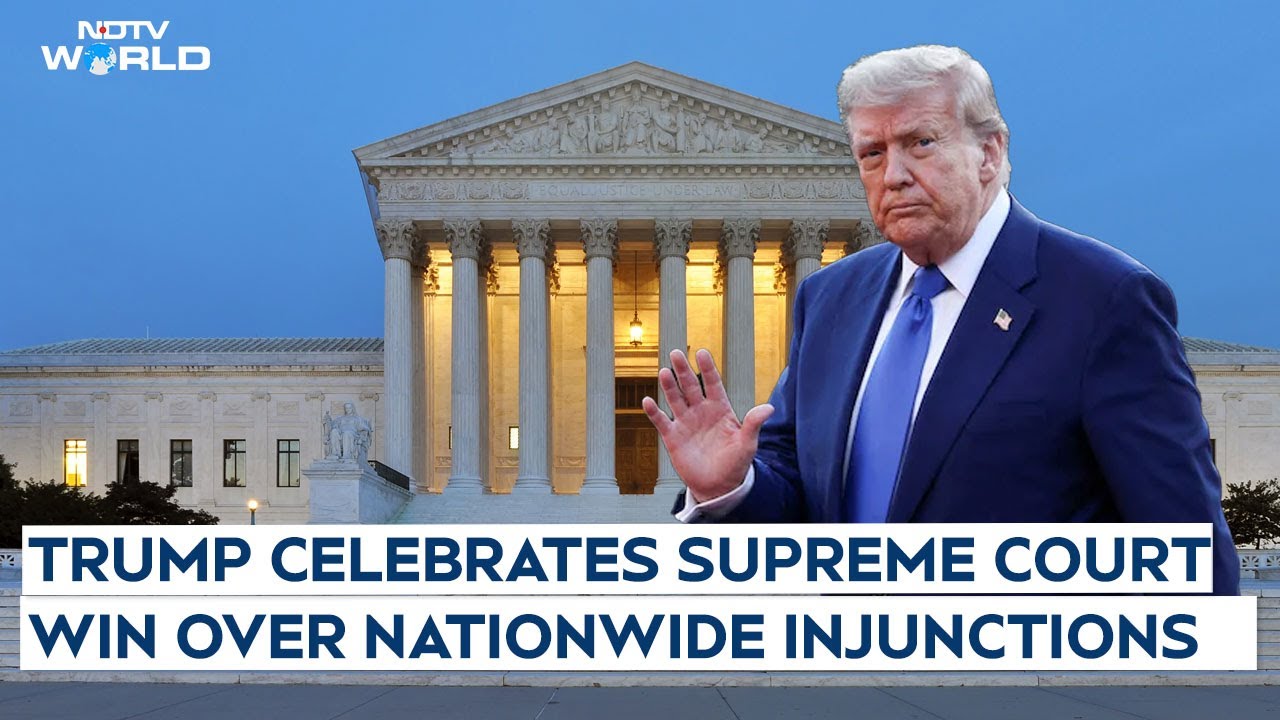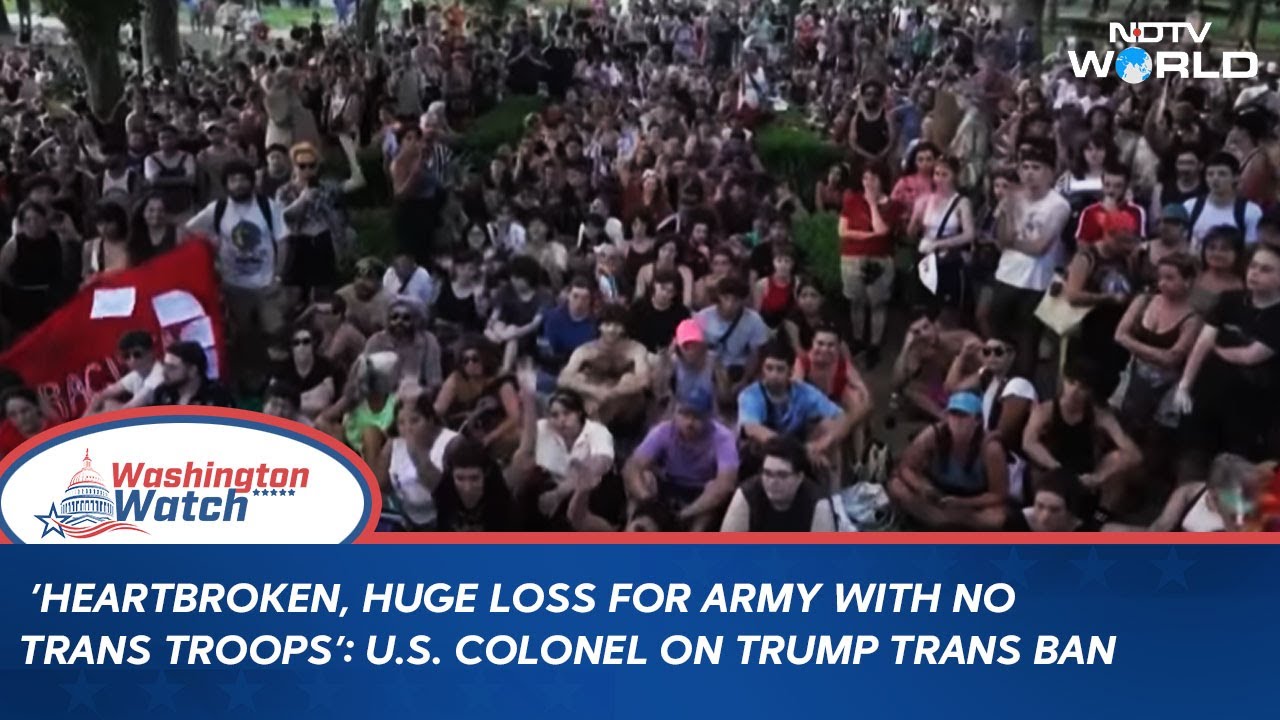US Willing To Extradite 26/11 Mastermind: Justice After 16 Years?
In a significant appeal which will be heard by the US Supreme Court, the US government has upheld the extradition of the terrorist Tahawwur Rana to India. If the appeal is accepted, Rana will be brought to India, a major battle to track down and prosecute those involved in the Mumbai 26/11 attack plot in which 166 people were killed. Tahawwur Hussain Rana, a Canadian citizen, was involved with David Coleman Headley in plotting terrorist attacks with Lashkar-e-Taiba, including the 2008 Mumbai attacks. Rana was convicted in the US for providing material support to terrorism but was acquitted on charges related directly to the Mumbai attacks. The central question is whether Rana's extradition to India is barred by a clause in the extradition treaty between the U.S. and India which prevents an individual from being "convicted or acquitted" for the same "offense" twice - once in the US and once in India. The US government argues that the offenses for which India seeks extradition have elements different from those Rana was charged or acquitted of in the U.S., thus extradition is not barred.
